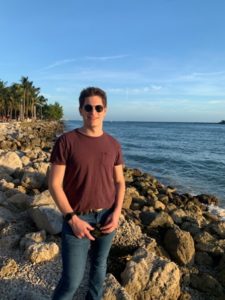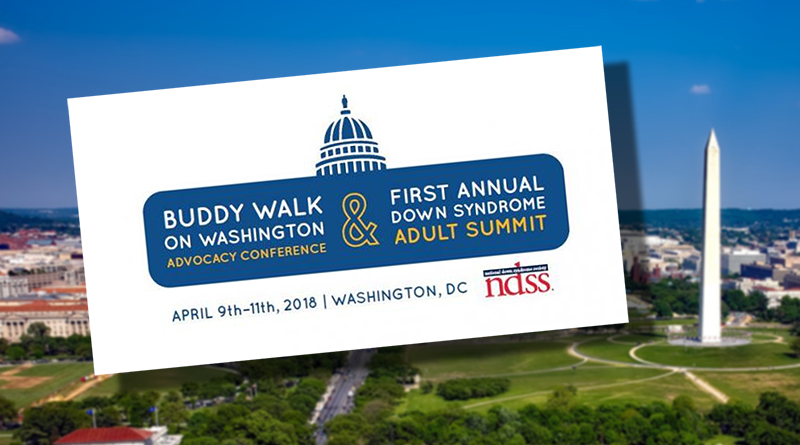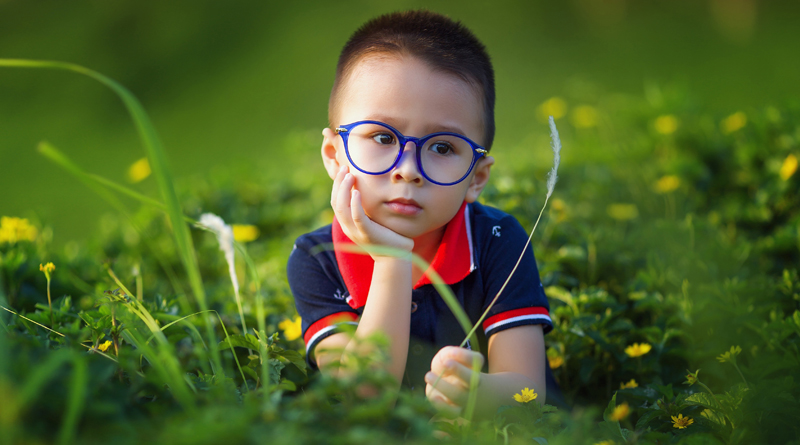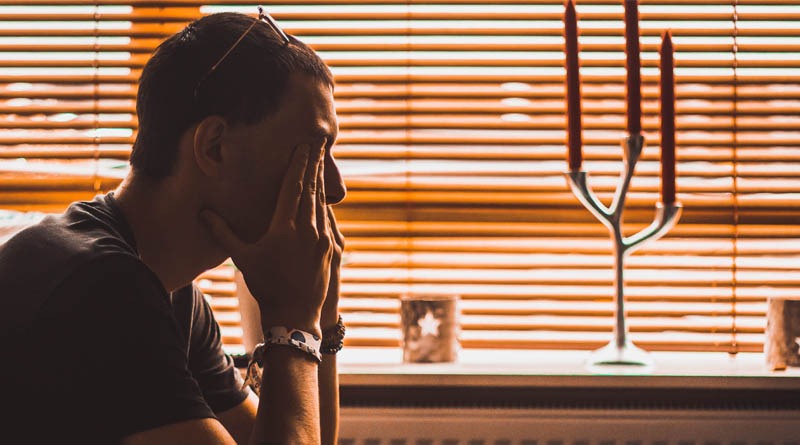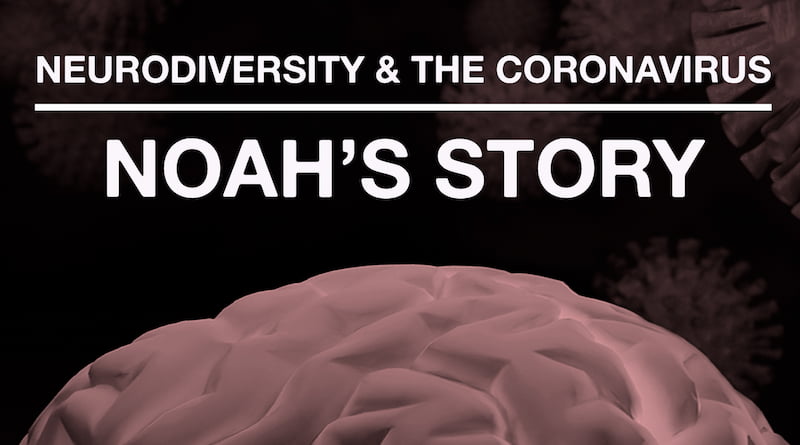
The Coronavirus Pandemic: Noah’s Journey With Autism
The Pandemic: Noah’s Story:
About the Author:
Noah was born on March 9th, 1998 in Miami Beach, Florida. He is into sports, kickboxing, superhero movies, snowboarding, paddle boarding, and traveling around the world. After graduating high school from Allison Academy, he attended Lynn University where he earned his bachelor’s degree in digital art and design in 2020. While at Lynn, he developed incredible skills such as web design and video editing, which he has become passionate about. As his passion for video editing grew in college, so did his dream of becoming a successful video editor.
Life Before the Pandemic & Reacting to Social Distancing:
Q: Describe your everyday life before the pandemic. Include social aspects, such as school, work extracurricular activities, or anything social, like spending time with friends or family.
A: Before the pandemic started, all I did was go to school, had a job for [my school’s] athletics department, cooked my meals and attended my internship at a PR firm. For my internship at the PR firm, I was a web designer intern. I updated, designed, and edited their local client’s websites. I was a senior at Lynn University, and for my job, I worked as a video highlighter/camera operator for their athletics department. The meals that I cooked were breakfast (eggs and toast) and dinner (chicken, steak, pasta, baked potatoes, and soup). Overall, life was good before it was all shut down.
Q: Describe how you initially reacted to COVID-19 and the social distancing.
A: Long story short, I wasn’t afraid of COVID-19 because I thought that it wasn’t going to hit the states, but it did. I still remember the day when it became serious, when I heard that the NBA season was suspended due to a player getting COVID, and that made me think about my family members because the virus hit the states. When I heard about social distancing, it didn’t take a lot of time to adapt quickly, but it was hard because I had to follow strict rules and to wear my mask everywhere. It sucked but it made me become closer to a friend of mine from Mexico.
Life Changes, Adaptations, & Coping Mechanisms:
Q: In what ways have your life and schedule changed as a result of the coronavirus?
A: Well, I definitely had to wear masks all the time when I left the house, and all of my classes were switched to online. Online classes were tough. I couldn’t get any in-person help so I had to do research on the internet on how to do this subject. Instead of hugging my close ones, I had to bump elbows with them. It was a little tough to get used to these changes.
Q: What have you had to do in order to adapt to these circumstances?
A: I didn’t have to do anything to adapt. All I did was accept that these times are going to be temporary and move along with it. Everything was easy for me to adapt, and now I’m doing fine.
Q: If you are neurodiverse, how has this pandemic affected your conditions, or how have your conditions affected how you’re dealing with the pandemic?
A: I didn’t know that I had autism at the time when the pandemic hit. However, it made me feel depressed because it robbed me of my college graduation and my chances of getting a good decent job. Currently, I am still looking for a job and not giving up.
Q: What coping mechanisms have you used to deal with these rather unusual times?
A: Coping mechanisms that I do in order to deal with these strange times is working out, kickboxing, learning something to develop a new skill, and meditation. Kickboxing makes me feel energized because it makes me start the day with a good mood and motivated. Meditation makes me feel relaxed and more present. But I personally think kickboxing made me feel better.
Life Lessons & Advice:
Q: What have you learned about yourself during these circumstances?
A: I learned that the job world is very competitive, and that I need to develop more skills in order to find a good job for me. I even learned that in order to get the job I want, I need to develop new skills by going to internships. After I do that, I will be able to get a decent job. That’s what I learned about myself and the world during this whole pandemic.
Q: What advice would you give to someone that’s having a difficult time dealing with the coronavirus?
A: One piece of advice that I would give to someone would be to never put yourself down and keep moving forward. For example, getting rejected for a job. If you get rejected then keep sending out resumes, or try out an internship to develop a skill. It shows employers how skillful you are for the position you applied for. That is the advice that I would give to someone who is dealing in this situation that we are living in today.
Story by: Noah
Interviewed by: Julia Futo
Interviewed on: March 10th, 2021
Julia Futo was born on August 5th, 1999, in Fort Lauderdale, Florida. She faced difficulties early on in life with trying to perform everyday tasks. Before she was five years old, she was diagnosed with two learning disabilities: Encephalopathy and developmental coordination disorder (DCD). She struggled in school for a long time, but that changed when she took journalism in high school and learned how to become an advocate. She is currently in college and hopes to help others find their voices.

